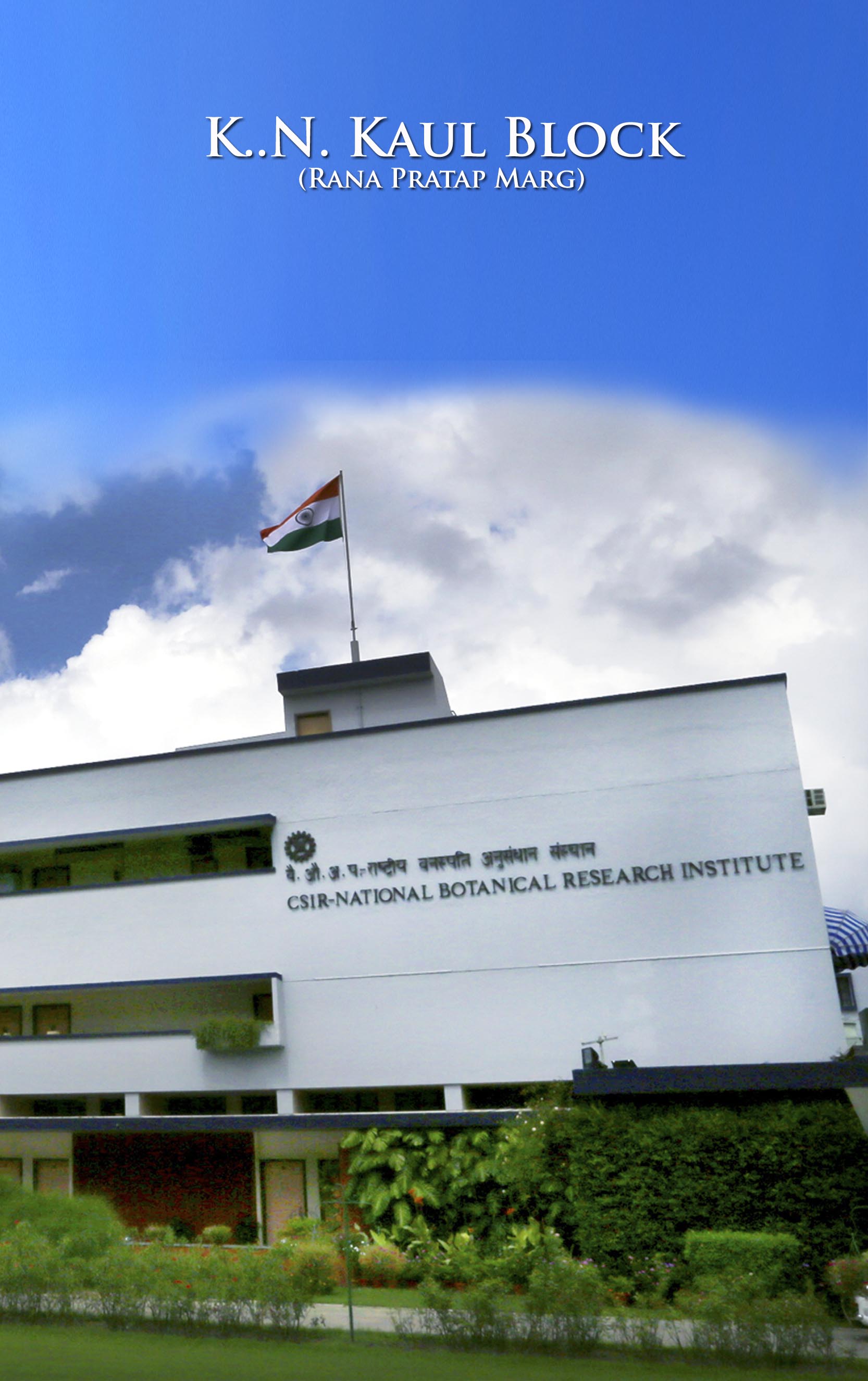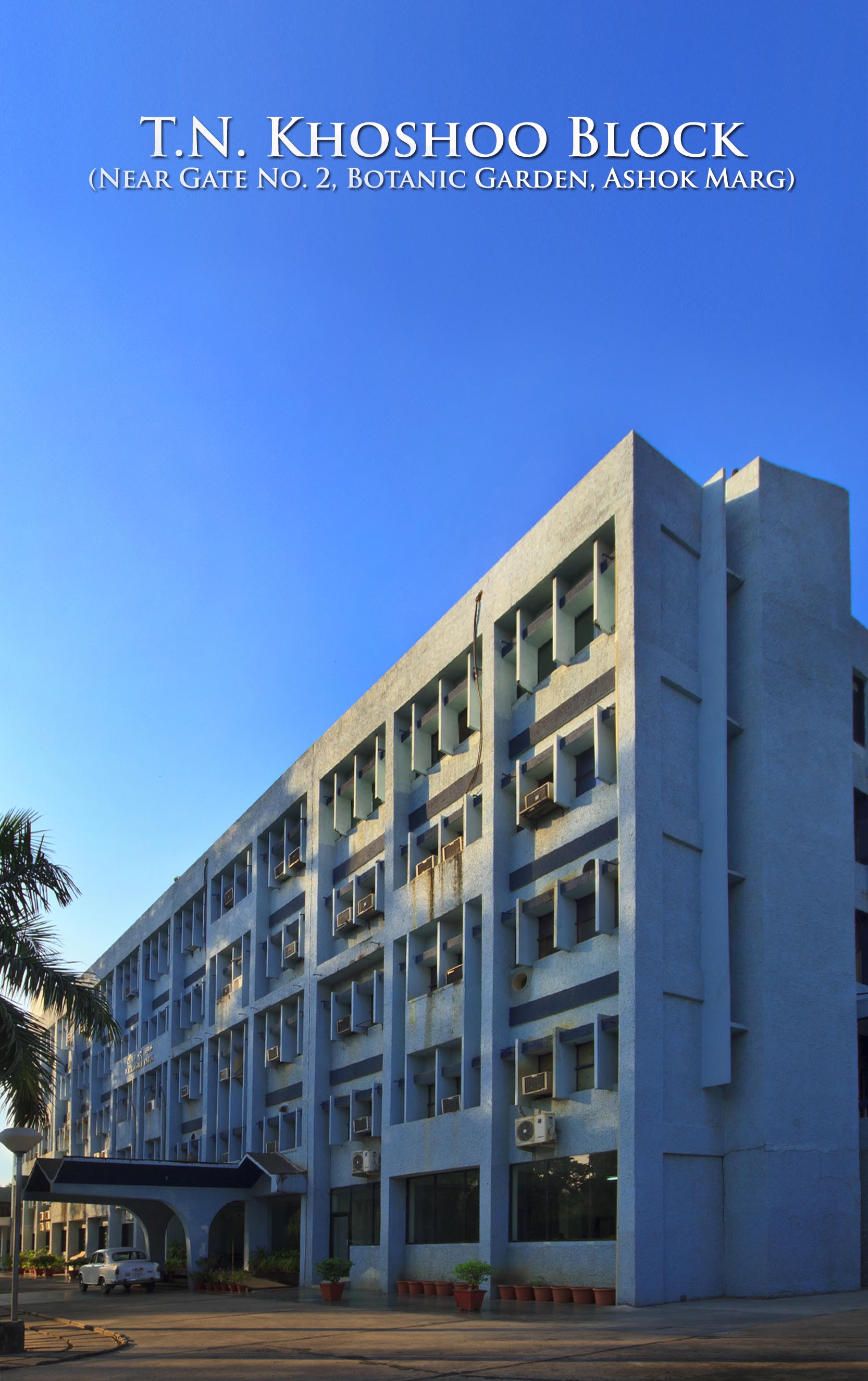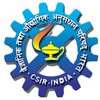

Dr. Manoj Kumar
Senior Scientist
Research Interests
Chickpea is the third most important pulse crop in the world and provides a major proportion of high quality proteins to the majority of Indian vegetarian population. However, the crop suffers great yield losses due to both biotic and abiotic stresses, resulting in poor production. Although chickpea is grown in over 50 countries, 90% of the area under chickpea cultivation is in the developing countries, with southern and South-East Asian countries accounting for > 79% of the global production. Moreover, the number of chickpea importing countries has been consistently increasing, suggesting an increase in the global demand. To meet these increased demands, the production of chickpea needs to be increased, for which either the area under cultivation has to be increased or crop improvement strategies have to be employed to minimize the immense losses in production caused by biotic and abiotic stresses. Among the various abiotic stresses like drought, salinity, cold, frost, and water logging, drought is a major cause of damage and yield loss that can be as high as 40% of the total production in world. Biotic stresses include infestations with insects (e.g., Helicoverpa armigera), bacteria (Xanthomonas, causing bacterial blight; Burkholderia, causing bacterial leaf spot), fungus (Fusarium spp., Ascochyta blight), viruses (alfa mosaic virus), and nematodes (Rotylenchulus reniformis causing dirty root). For utilization of biotechnological approaches to genetically engineer transgenic plants with improved resistance to stresses, knowledge of the genetic makeup of plants is essential.
Dr. Manoj Kumar
Senior Scientist
Research Summary
Our research is focused mainly on two broad areas:
– Drought stress tolerance in chickpea- Drought means scarcity of water and is a usual feature in semi-arid tropics. The plants acclimatize under drought conditions through escape, avoidance, and tolerance mechanisms. Because of the heavy production losses caused by drought, it remains the foremost and biggest challenge that needs to be addressed for increasing the chickpea production.
– Chickpea – Fusarium interaction and fusarium wilt tolerance in chickpea- Chickpea production is mostly affected by vascular wilt disease due to fungus F. oxysporum f. sp ciceris. Fusarium can cause chickpea yield loss up to 90% worldwide. Fusarium is soil or seed-borne and difficult to manage by crop rotation and fungicides application.
For this we used biotechnological aspects to fish out genes and their role in biotic and abiotic stress and development of stress tolerant transgenic chickpea and Arabidopsis lines.
Dr. Manoj Kumar
Senior Scientist
Publications
– Kumar M, Chauhan A S, Kumar M, Yusuf M A, Sanyal I, Chauhan P S (2019) Transcriptome Sequencing of Chickpea (Cicer arietinum L.) Genotypes for Identification of Drought-Responsive Genes Under Drought Stress Condition, Plant Mol Biol Rep. DOI: 10.1007/s11105-019-01147-4
– Kumar M., Yusuf M A., Yadav P, Narayan S, Kumar M (2019) Overexpression of Chickpea defensin gene confers tolerance to water-deficit stress in Arabidopsis thaliana. Front. Plant Sci. 10, 290. https://doi.org/10.3389/fpls.2019.00290
– Nigam, M, Mishra, P A, Salehic B, Kumar M, Sahrifi-R M, Coviello E, Iriti M, Sharifi-Rad J (2019) Accelerated ageing induces physiological and biochemical changes in tomato seeds involving MAPK pathways. Scientia Horticulturae 248:20-28. DOI: 10.1016/j.scienta.2018.12.056.
– Kumar M, Yusuf, M.A.; Nigam, M.; Kumar, M (2018) An update on genetic modification of Chickpea for increased yield and stress tolerance. Mol. Biotechnol. 60, 651–663.
– Kumar M, Yusuf M A, Chauhan P S, Nigam M and Kumar M (2017) Pseudomonas putida and Bacillus amyloliquefaciens alleviates the adverse effect of pesticides and poise soil enzymes activities in chickpea (Cicer arietinum L.) rhizosphere. Tropical Plant Research, Vol 4 (3): 405-418.
– Das A, Datta S, Sujayanand GK, Kumar M, Singh A K, Arpan, Shukla A, Ansari J, Kumar M, Faruqui L, Thakur S, Kumar PA, Singh NP (2016) Expression of chimeric Bt gene, Cry1Aabc in transgenic pigeonpea (cv. Asha) confers resistance to gram pod borer (Helicoverpa armigera Hubner.) Plant Cell Tiss Organ Cult. Volume 127:3, 705–715.
– Das A, Kumar M, Singh AK, Arpan, Shukla A, Ansari J, Datta S, Singh N P (2016) Genetic Transformation of Pigeonpea (Cajanus cajan L.) and Screening Transgenic Progenies Based on Lateral Root Inhibition. J. Crop Sci. Biotech. Volume 19 (4): 295 – 302.
– Kumar M, Mishra S, Dixit V, Kumar M, Agrawal L, Chauhan P S, Nautiyal C S (2015) Synergistic effect of Pseudomonas putida and Bacillus amyloliquefaciens ameliorates drought stress in chickpea (Cicer arietinum L.), Plant signalling and behaviour. DOI: 10.1080/15592324.2015.1071004.
Dr. Manoj Kumar
Senior Scientist
Patents
Patent: 1 no.
Regeneration via somatic embryogenesis in cotton cultivars: IPMD 35 NF/ 2007 (Filed in India). Kumar M., Tuli R.
Dr. Manoj Kumar
Senior Scientist
Research Scholars
Mr. Manoj Kumar, Ph.D student
Ms. Pooja Yadav, Ph.D student
Mr. Shbhandhu Pramanik, Ph.D student
Ms. Swati Singh, Ph.D student
Ms. Swati Devi, Ph.D student
Dr. Manoj Kumar
Senior Scientist
Address
CSIR-National Botanical Research Institute, Rana Pratap Marg, Lucknow – 226001
Phone no.: 0522-2297996
Email: manoj.kumar@nbri.res.in




















